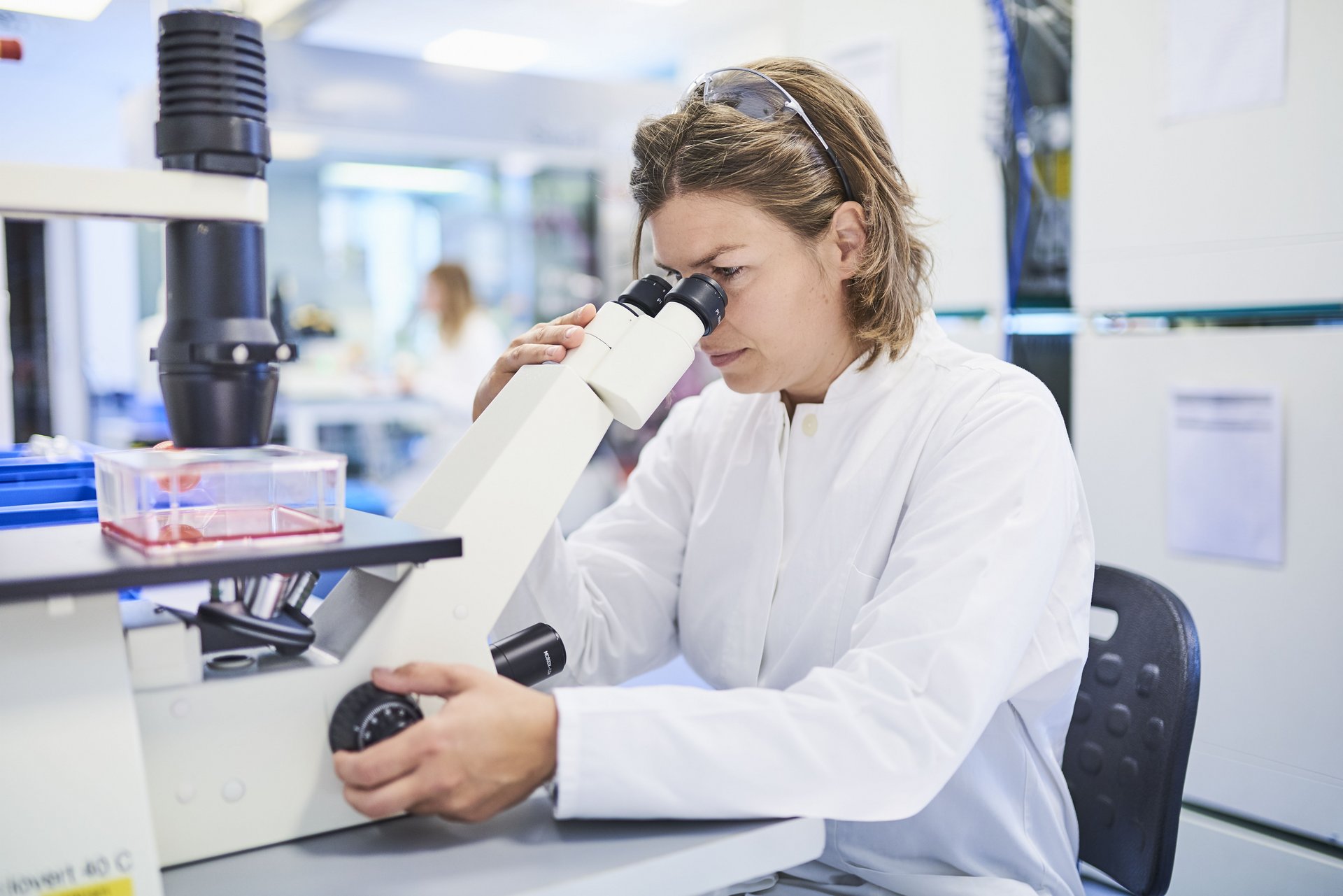Cell-based assays are pivotal in evaluating the activity of drug compounds on pharmaceutical targets within the context of living cells. Selecting the appropriate mammalian cell type and optimizing it for high-throughput screening (HTS) and drug discovery is crucial to accurately capture the disease-relevant biology of the target tissue and identify relevant therapeutic targets.
At Assay.Works, we leverage advanced cell engineering techniques to design and construct recombinant cell lines tailored to specific therapeutic areas, modalities, and the unique needs of our clients. Additionally, we harness human induced pluripotent stem cell (hiPSC) technologies and cell differentiation methodologies to create stem cell-based disease models in collaboration with our partners.
Alternatively, clients have the option to access our extensive collection of 120 engineered cell lines, covering a diverse array of transmembrane therapeutic targets. This collection offers a convenient and efficient solution for researchers seeking to explore various drug targets and accelerate their drug discovery efforts.
By combining cutting-edge cell engineering with a collaborative and client-focused approach, Assay.Works is committed to providing customized solutions that address the complex challenges of modern drug discovery and development.

Cell Line Collection
Our collection of more than 120 engineered cell lines covers a broad range of transmembrane therapeutic targets, like GPCRs, Ion Channels, or Transport Proteins. The majority of these cell lines have been validated to respond to reference substances in a target-dependent manner using a defined functional readout. This makes them an valuable tool for HTS, compound characterization, or selectivity profiling in Drug Discovery.
- 85 engineered GPCR cell lines
- 28 engineered ion channel/ transporter cell lines
- 10 Nuclear hormone receptor cell lines
Applications
- Custom assay development at Assay.Works
- assay.ready frozen cells for in-house applications
- Cell fractionation products, e.g. membrane vesicles for label-free assay technologies

